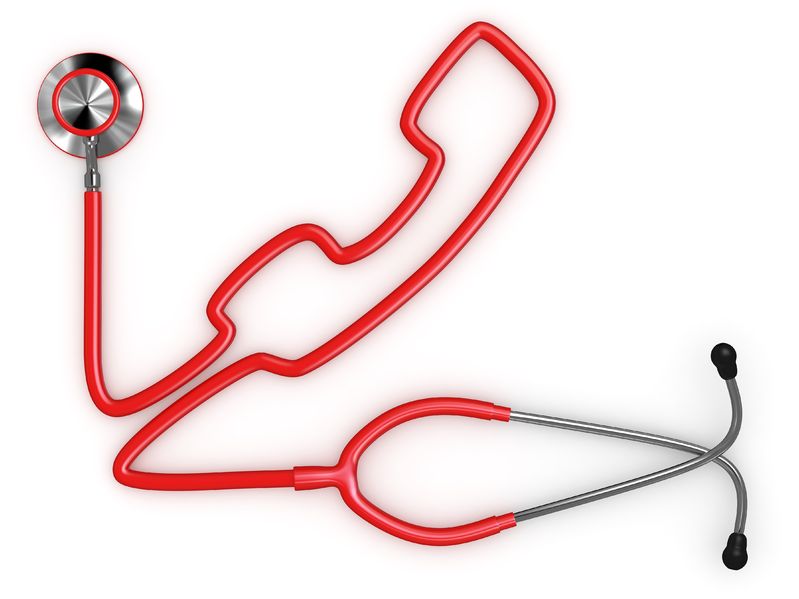Aug 11 2017 Healthcare Call Center Traps: How Can You Protect Yourself?

Running a healthcare call center throws up some unique problems that aren’t faced by other types of call centers. There are strict regulations dictating how you handle sensitive healthcare and financial data, and it can be surprisingly easy to violate them by not thinking carefully enough about your call center policies.
Let’s take a look at the traps faced by healthcare call centers and how you can protect yourself from falling into them.
Laws Governing Healthcare Call Centers
Healthcare call centers frequently handle medical information that is covered under HIPAA, the Health Insurance Portability and Accountability Act. This law requires that all healthcare providers and the services they use keep patients’ healthcare information confidential.
Some healthcare call centers also need to take payments from customers. If your call handlers ever take payments over the phone, you need to take steps to ensure that callers’ financial information is kept safe.
Biggest Healthcare Call Center Traps
The biggest trap that most healthcare call centers fall into is recording and storing calls. Although you may need to record calls for training purposes, you need to pay careful attention to what you do with the calls after recording them. How secure is the system you use to store the recordings? How long do you keep them? You need a plan for handling sensitive recordings in a safe and secure manner. In particular, this plan should include a timescale for deleting recordings that are no longer needed, rather than storing them indefinitely. You should also train your employees to tell people that calls are being recorded.
Don’t forget to include outbound calls in your plan. These calls can also contain sensitive healthcare or financial information, so you also need to pay close attention to how you record and store them.
The second trap that healthcare call centers face is call monitoring. When a customer calls your center, they agree to speak to a single agent. However, many call centers use systems that allow supervisors to listen on calls, talk to the agent without the caller hearing, or even take over the call. This kind of system can be extremely useful for employee training, but you need to tell callers that their calls may be monitored if there’s a chance another agent could be listening.
All Healthcare Call Centers Face These Traps
If you run a very small organization, you may not have considered these traps before. However, HIPAA legislation applies to all healthcare providers, even the smallest businesses, so you need to train your employees in the correct protocols.
If you use an outsourced call center to handle your calls, you need to check that it is HIPAA compliant. Healthcare providers face confidentiality regulations that don’t apply to other industries, so a general call center service may not provide the compliance you need.
Final Thought
When you run a healthcare call center, you face unique challenges that aren’t a problem for call centers in other industries. Therefore, it’s vital to understand how all technologies used in your call center can help or hinder you in meeting the required standards. You need call recording and supervisor monitoring to help your call center run efficiently, but you also need to ensure your storage of recordings doesn’t open up security risks that make your center non-compliant.
